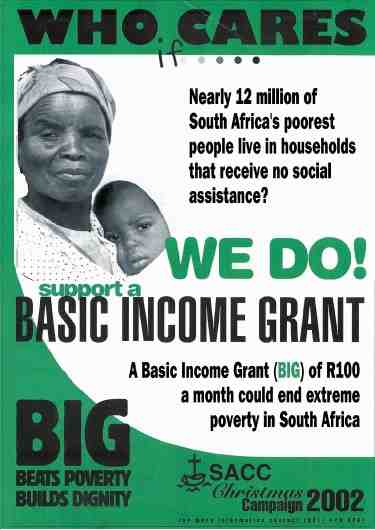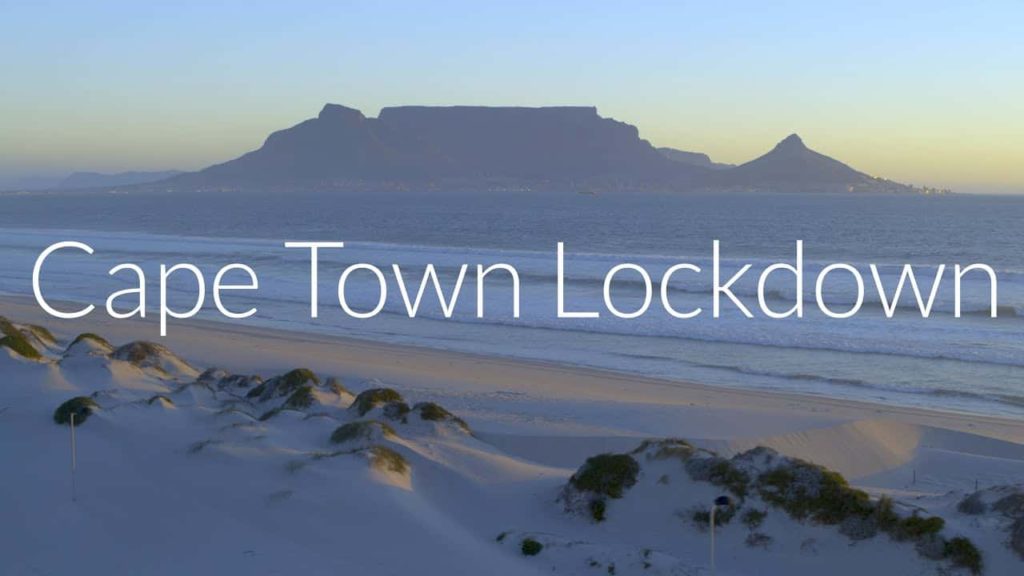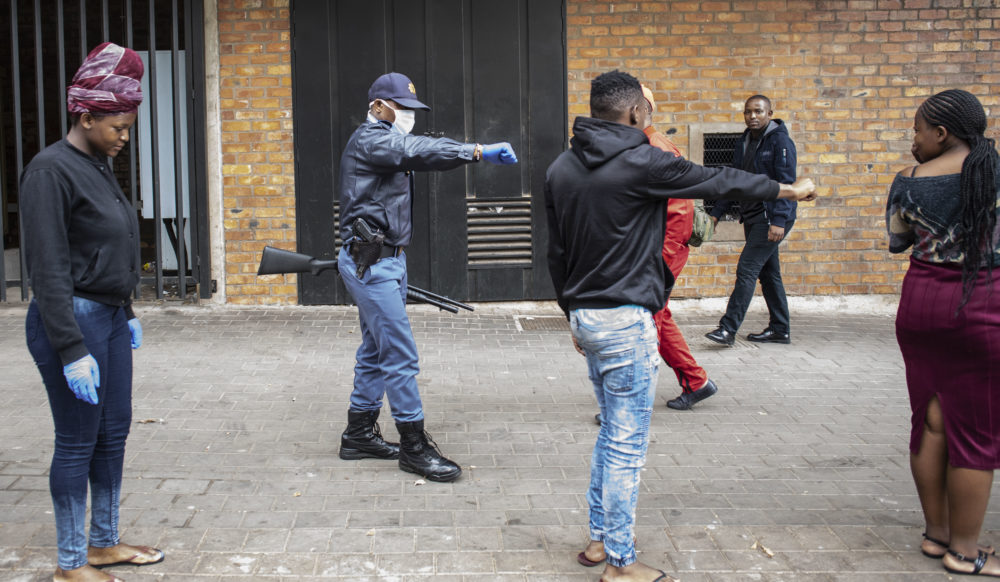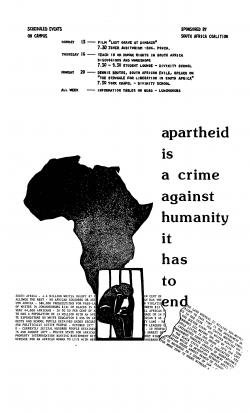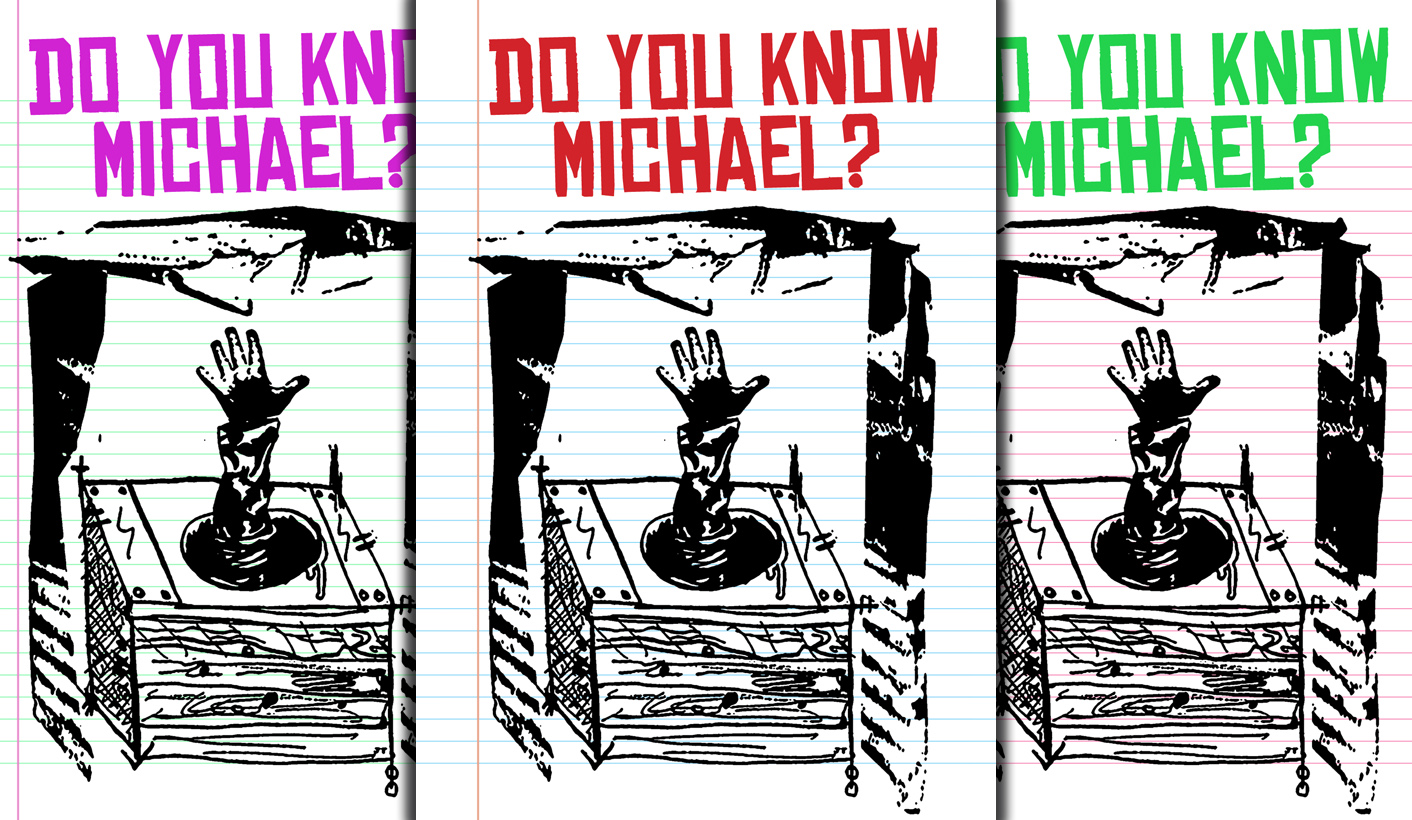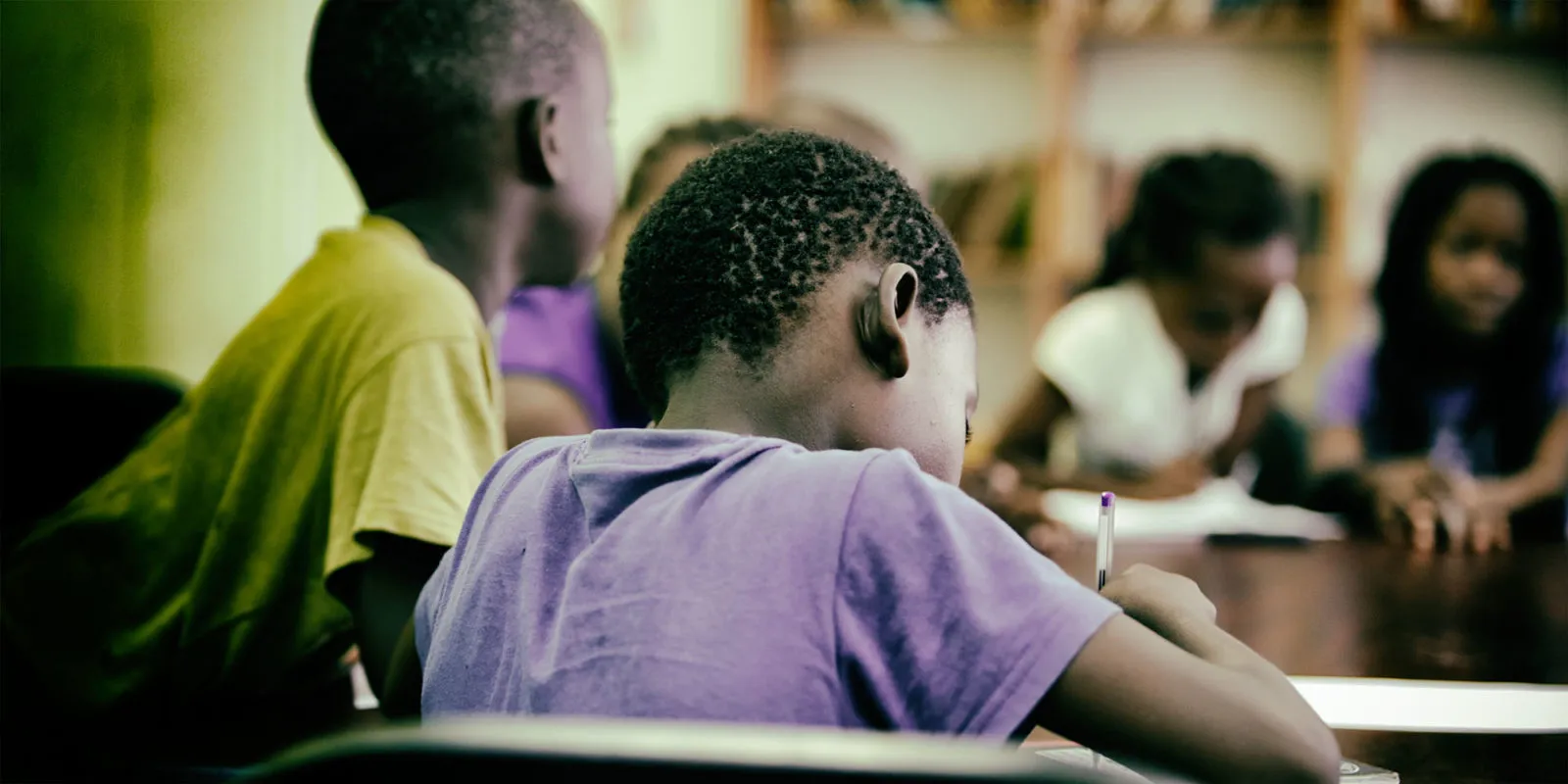Perfect day
it is
with a young author
all of 11-year’s old
on my morning radio
she bubbling away
enthusiastic is she
about writing
and reading too
(World Book Day
has passed virtually)
A tad later
another is on
she somewhat
longer in the game
Perfect day
is her first
choice of music
a song surely
to bring cheer
to humanity
surely not
what with we all
held to ransom
by a virus
one that has exposed
the planet’s cracks
for all to gasp at
and then to act on
A Perfect day
Two authors and a Lou Reed song on Michelle Constant’s show get this going, on South Africa’s Lockdown Day 31.
(Image Credit: “Joy” by John Von Wicht: Smithsonian Museums)
